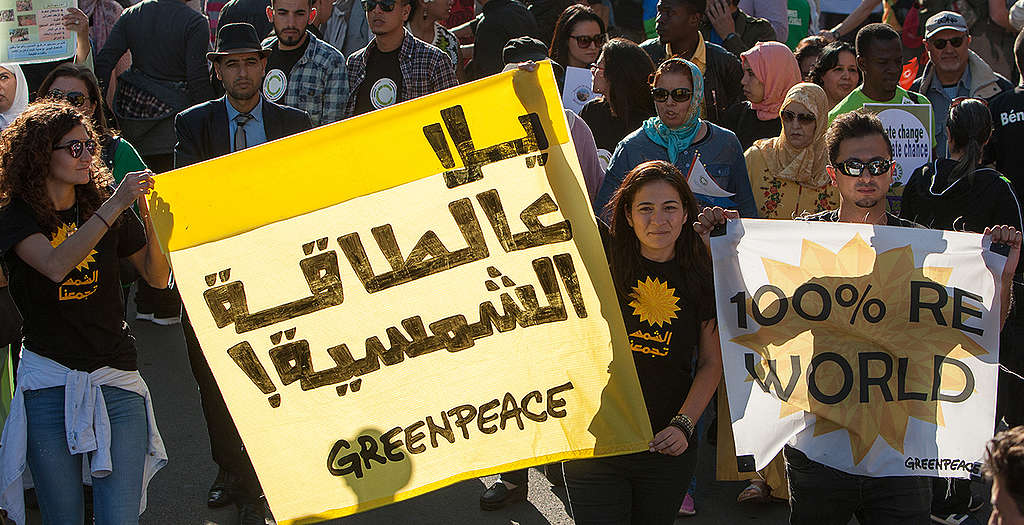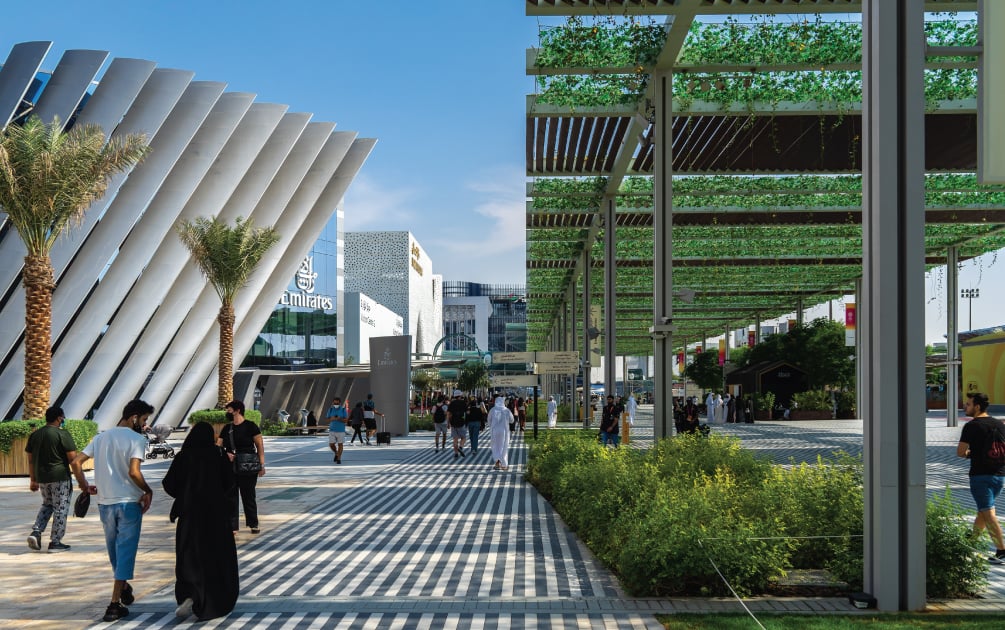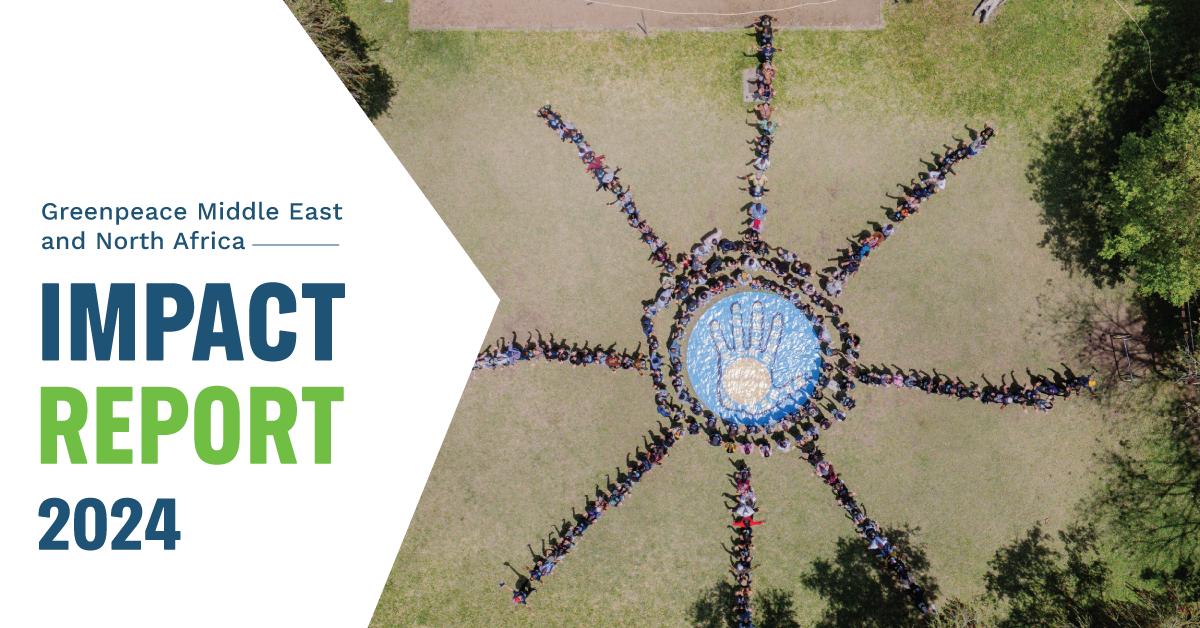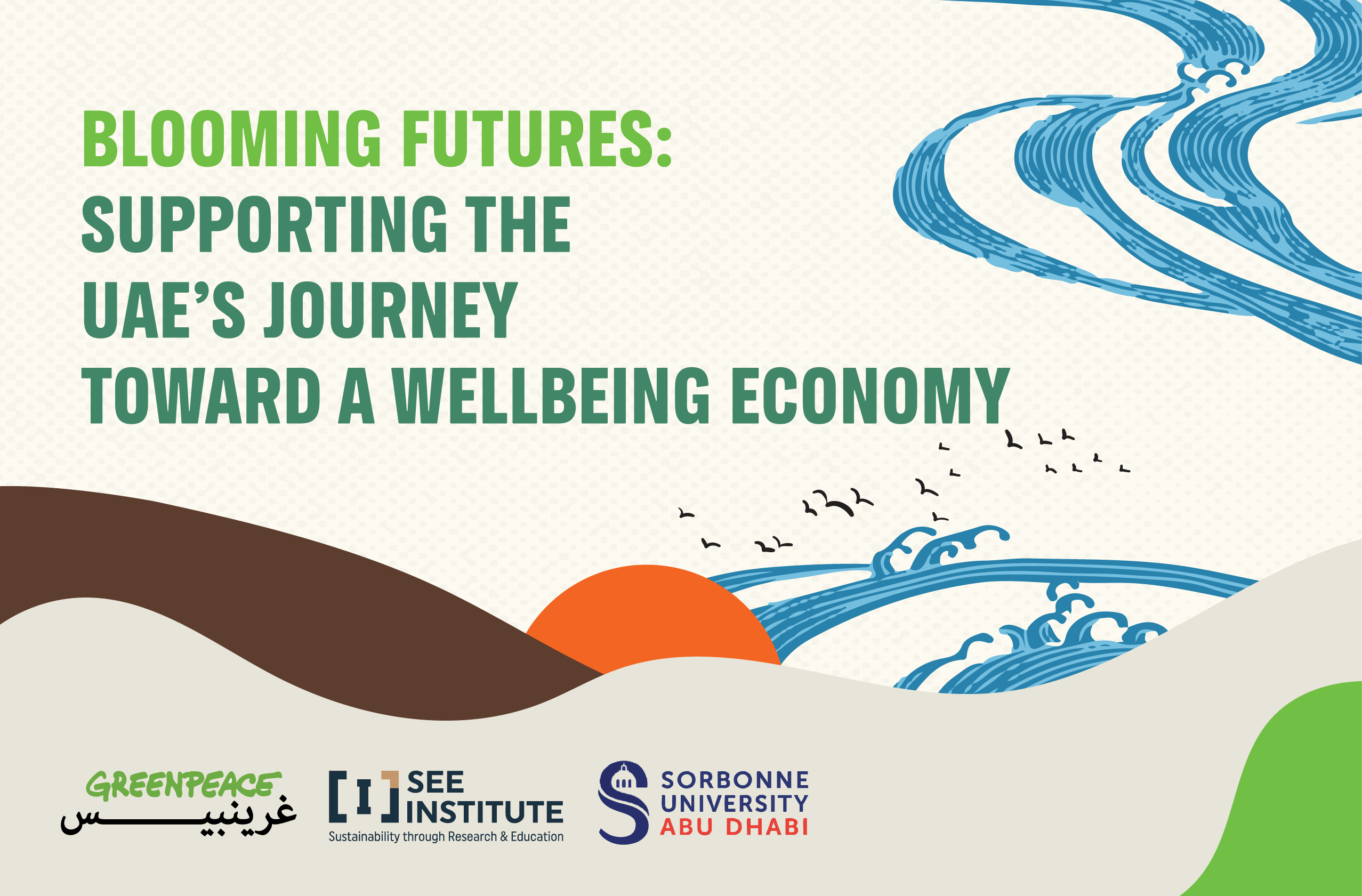
The recent directive from the Saudi Arabian government to Aramco, Saudi Arabia’s state-owned oil company, instructing it to maintain a maximum sustainable capacity of 12 million barrels per day instead of the initially planned 13 million barrels by 2024, has raised questions about whether there is a shift in the fossil fuels industry. This decision prompts reflection: is it a response to mounting pressures on the industry to adapt to rapid transformations, or could it signify a strategic move to reserve oil for more favorable opportunities?
On Monday, Feb 12th, Energy Minister Prince Abdulaziz bin Salman said at a conference in Dhahran, Saudi Arabia “We are transitioning, and transitioning means that our oil company, which is a hydrocarbons company, now is becoming an energy company, with investments that go into all areas like oil, gas petrochemicals and renewable energy.”
It is evident that Saudi Arabia acknowledges the inevitability of the energy transition but has yet to fully embrace the reality that this shift will necessarily leave fossil fuels behind, rather than attempting to drag them along. The Kingdom will have to come to terms with that reality to achieve the aspiration of the Saudi Vision 2030 which aims to propel them toward a sustainable and prosperous future.
Saudi Arabia’s vulnerability to climate change, with threats such as desertification and dust storms, which could hinder economic diversification efforts in vital sectors like tourism and sport underscores the importance of transitioning away from fossil fuels to achieve the objectives outlined in Saudi Vision 2030. Saudi Vision 2030 programs, particularly those related to environmental sustainability and quality of life, must recognize the necessity of transitioning away from fossil fuels and fully embrace this change. Diversifying its economic portfolio beyond traditional fossil fuels, such as gas and oil, is imperative. By acknowledging the inevitability of this transition, the kingdom can seize the opportunity to invest heavily in renewable energy sources and sustainable technologies. Embracing a diverse energy portfolio not only mitigates the environmental impacts of reliance on fossil fuels but also fosters long-term economic resilience and job creation in emerging green industries.
Therefore, the shift away from oil must decisively steer towards sustainable and reliable alternatives, particularly renewable energy sources, rather than promoting natural gas as a ‘lower-emission’ transitional solution. Our planet cannot afford such postponements in addressing climate change. What is required now is bold and immediate action towards truly green energy solutions.
The cost of renewable energy sources, such as solar and wind, has significantly decreased in recent years, making them increasingly competitive with traditional fossil fuels. According to IRENA, between 2010 and 2022, solar and wind power became cost-competitive with fossil fuels even without financial support. Saudi Arabia’s location, climate, and large swathes of unpopulated land make it a promising site for solar energy generation.
The Kingdom of Saudi Arabia (KSA) and investors are at a pivotal moment, facing the realization that the era of fossil fuel dominance is drawing to a close, and the future of energy lies in renewable energy investments. Despite Saudi Arabia’s hesitation, possibly to protect the value of its current investments during this transitional phase, global trends suggest otherwise. The International Energy Agency (IEA) has indicated that demand for fossil fuels is going to hit a limit this decade, a fact that Saudi Arabia seems reluctant to fully embrace.
If Saudi Arabia, one of the world’s largest oil producers, halts expansions and redirects the funds intended for expansion toward diversifying its economy, it would send a clear message that the phase-out of fossil fuels is both an economic and political imperative. As a giant in the oil industry, Saudi Arabia’s move would reverberate across the world compelling many oil-producing countries such as UAE and Kuwait to rethink their expansion plans.
The United Nations Climate Change Conference (COP28) closed last year with an agreement that signals the “beginning of the end” of the fossil fuel era by laying the ground for a swift, just, and equitable transition. This means that change must happen whether by choice or by obligation, with no place for fossil fuels between us in the future. Yet, Saudi Arabia has taken a firm stance against any mention of fossil fuels in the agreement, opposing the call for a phaseout of fossil fuels to combat global warming.
This is noteworthy in light of the global commitment made at COP28, where nearly 200 countries adopted a deal stating that the world will be “transitioning away from fossil fuels” to achieve net-zero emissions by 2050.
Shaping Tomorrow: Empowering the Wellbeing Economy for a Sustainable Future
While renewable energy is a crucial component of the shift towards a sustainable future, it is imperative to recognize that it is not the sole solution. Urgent global cooperation is needed to advocate for a broader systemic change that goes beyond energy transition and encompasses a more diversified economy, taking into account alternative sources of livelihood and economic development that prioritize sustainability and wellbeing.
Economies reliant on fossil fuels are at a crucial crossroads, with an opportunity to pivot towards more equitable economic models that favor the well-being of their citizens over endless growth. We are observing this progressive shift in nations like the UAE and KSA, driven by economic diversification initiatives. These initiatives are channeling substantial investments into sectors such as tourism, technology, sports, and other key areas. Yet, for this economic broadening to be truly effective and have a lasting impact, it must go hand in hand with a reduction in oil and gas investments. Channeling these investments into the development and adoption of sustainable technologies, innovations, and a shift toward renewable energy sources is a critical move. This approach goes beyond merely diversifying the economic portfolio; it represents a commitment to a future where economic success is gauged not just by financial achievement but also by how well it aligns with environmental responsibility and the long-term sustainability of our world.
The current period of unprecedented instability in the fossil fuels industry presents a critical opportunity to push for urgent global cooperation in advocating for broader systemic change. This change prioritizes a sustainable economy over an extractive economy model, emphasizing the well-being of people and the planet at its core. It is imperative to recognize that this systemic change requires collaboration and commitment from governments, industries, and global stakeholders to shape a sustainable economic future that benefits both people and the planet. This pivotal moment also demands a united global effort to swiftly adopt renewable energy solutions and drive the shift towards sustainable and secure energy sources for all.

Greenpeace has been protecting the environment for decades. We’ve stopped many crimes against the planet and held many corporations responsible for their actions. But there are always more scandals, more crimes and more destruction.
Join Us



Discussion
كيف حالك